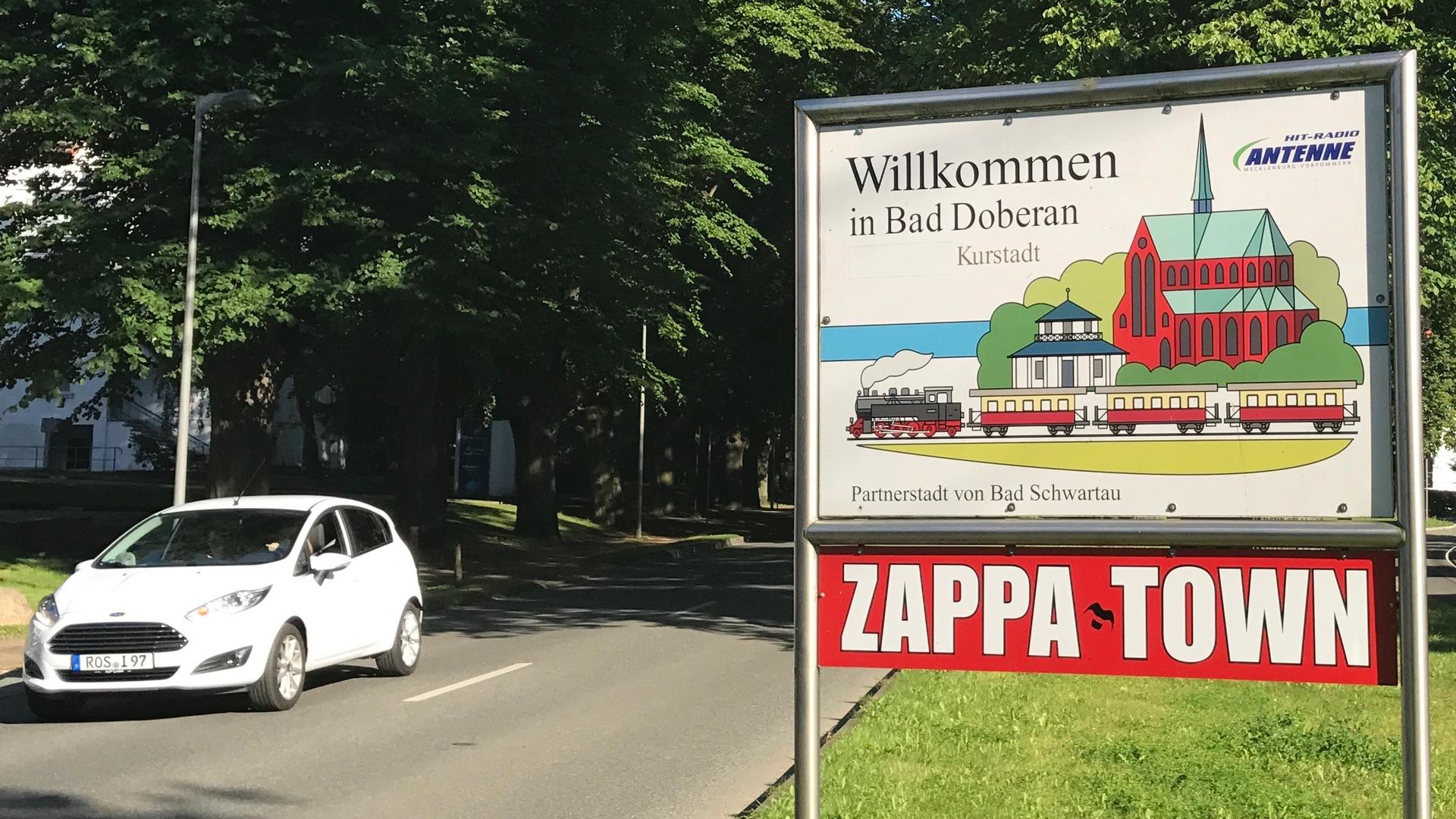In the former East Germany, Frank Zappa lives on as a beacon of freedom
Bad Doberan, Germany is the home of Zappanale, an annual summer festival inspired by the life and work of Frank Zappa.
Wolfhard Kutz has lived two lives.
One before the Berlin Wall came down. And one after.
While the wall was still in place, he was a citizen of socialist East Germany, where he was spied on a lot.
Soon after East Germany ceased to exist, Wolfhard was allowed to read his Stasi file.
"I read that I have a tape recorder and a turntable and played records," he tells me in the latest episode of the World in Words podcast.
The Stasi, of course, were East Germany’s secret police. They enlisted ordinary people to report back about their neighbors, their friends, their family. Most people’s files are absurdly mundane. You read a book, you go a café, you listen to a musician.
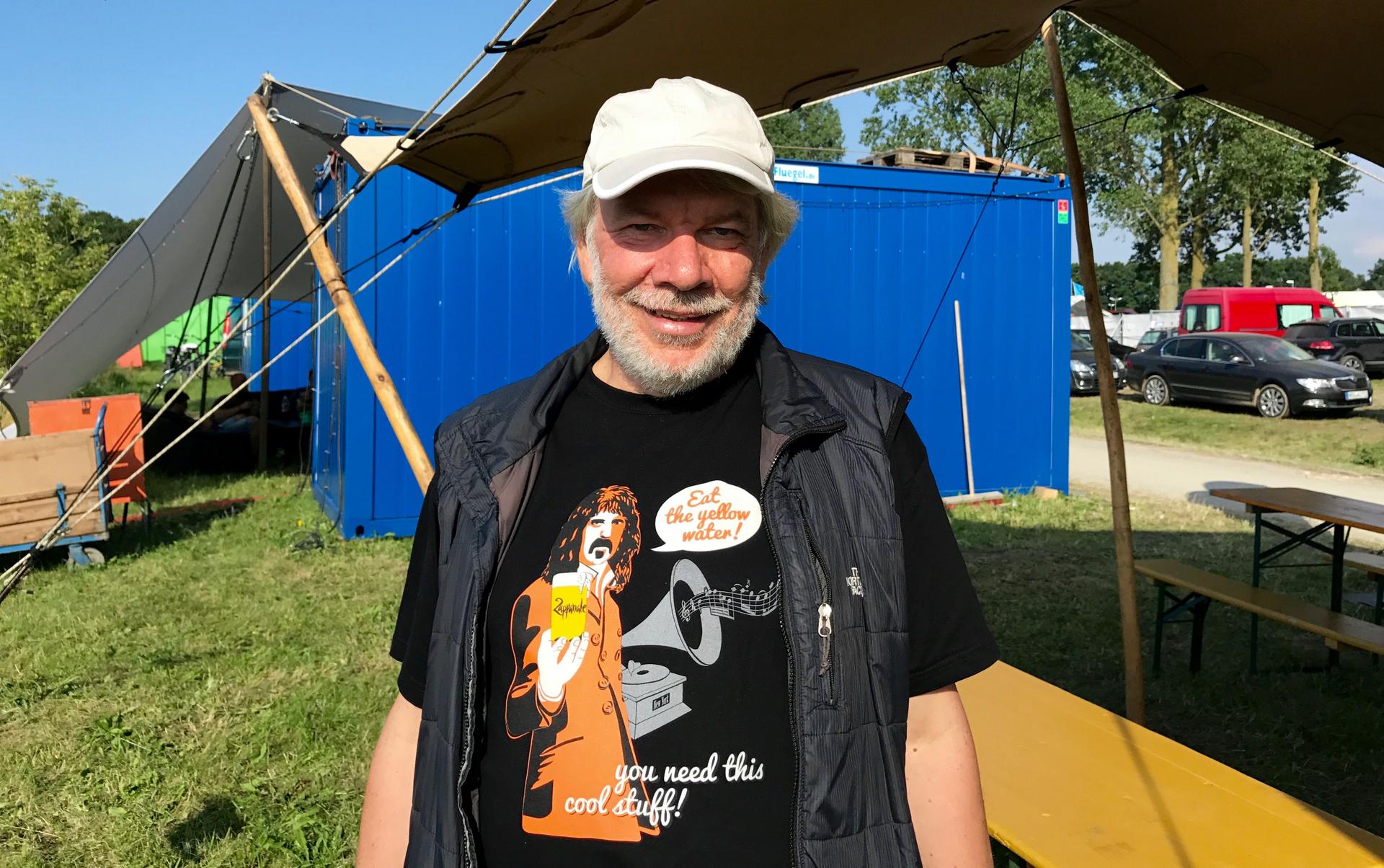
In Kutz’s case, 21 people informed on him and his listening habits. He says his Stasi file branded him a decadent young man influenced by propaganda from the West. Worst of all, he says with a rueful laugh, "I influenced young people with the music of Frank Zappa."
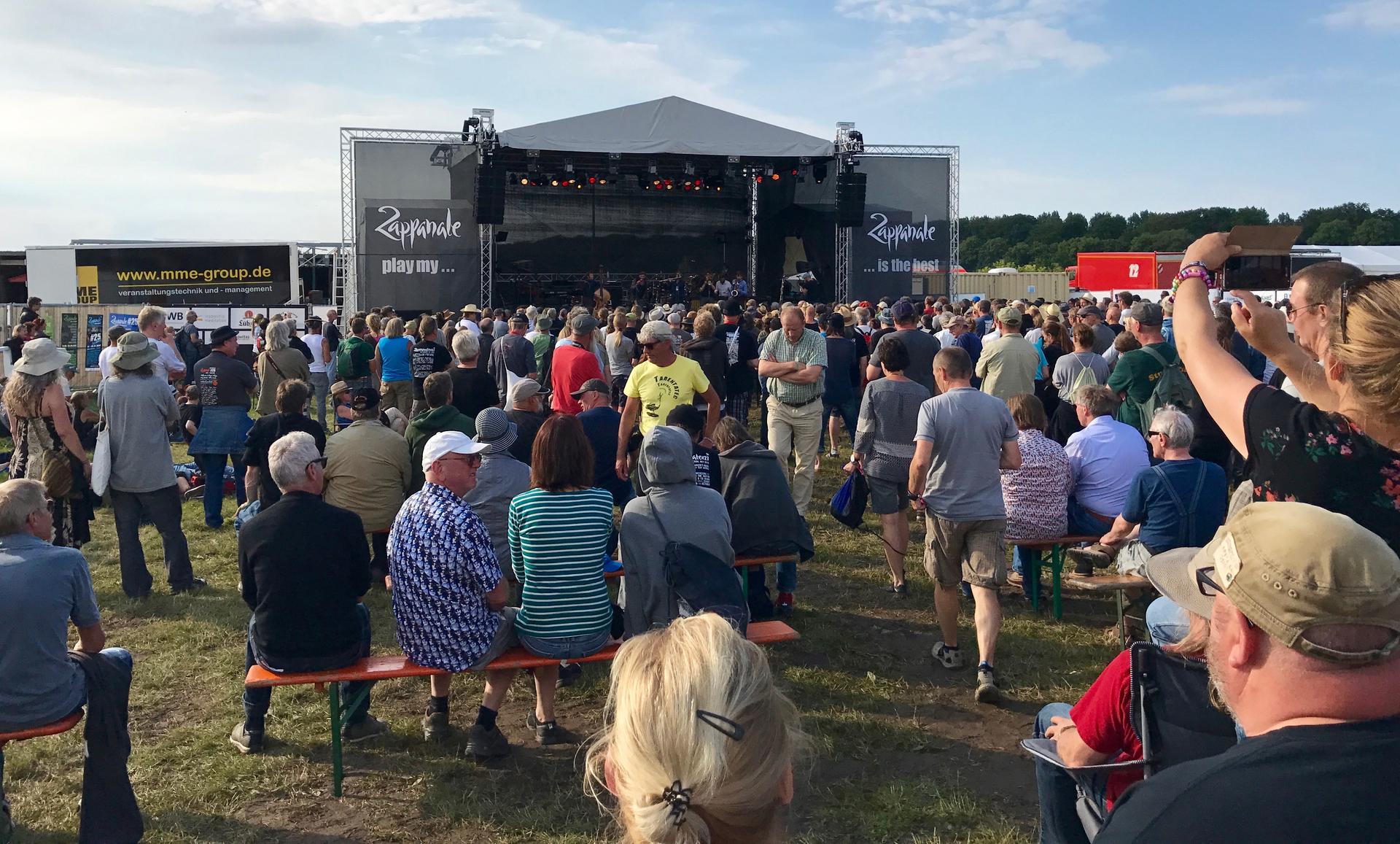
Today, Kutz runs Zappanale, a festival dedicated to the life and rock of Frank Zappa. It takes place every summer in Wolfhard's hometown, Bad Doberan, a couple of miles south of Germany's Baltic coast.
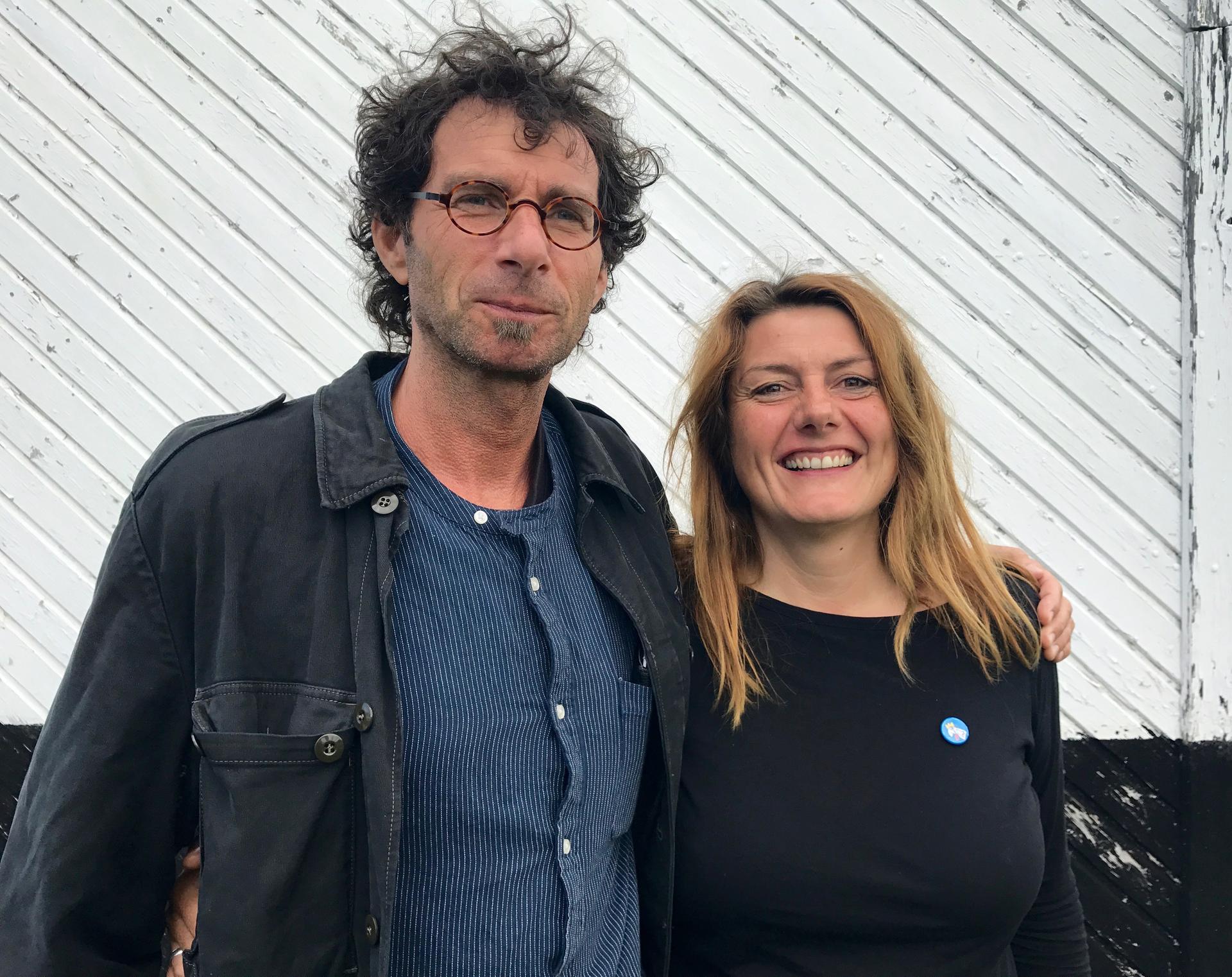
It may seem laughable that Frank Zappa preoccupied the Stasi so much. Zappa was no revolutionary, though he was critical of American politics and culture. But mainly, he was a guitar virtuoso who commissioned orchestras to play his music, and who had a taste for salacious lyrics.
But the Stasi were on to something. Even if they didn’t understand Zappa, they understood that people who liked Zappa were trouble.
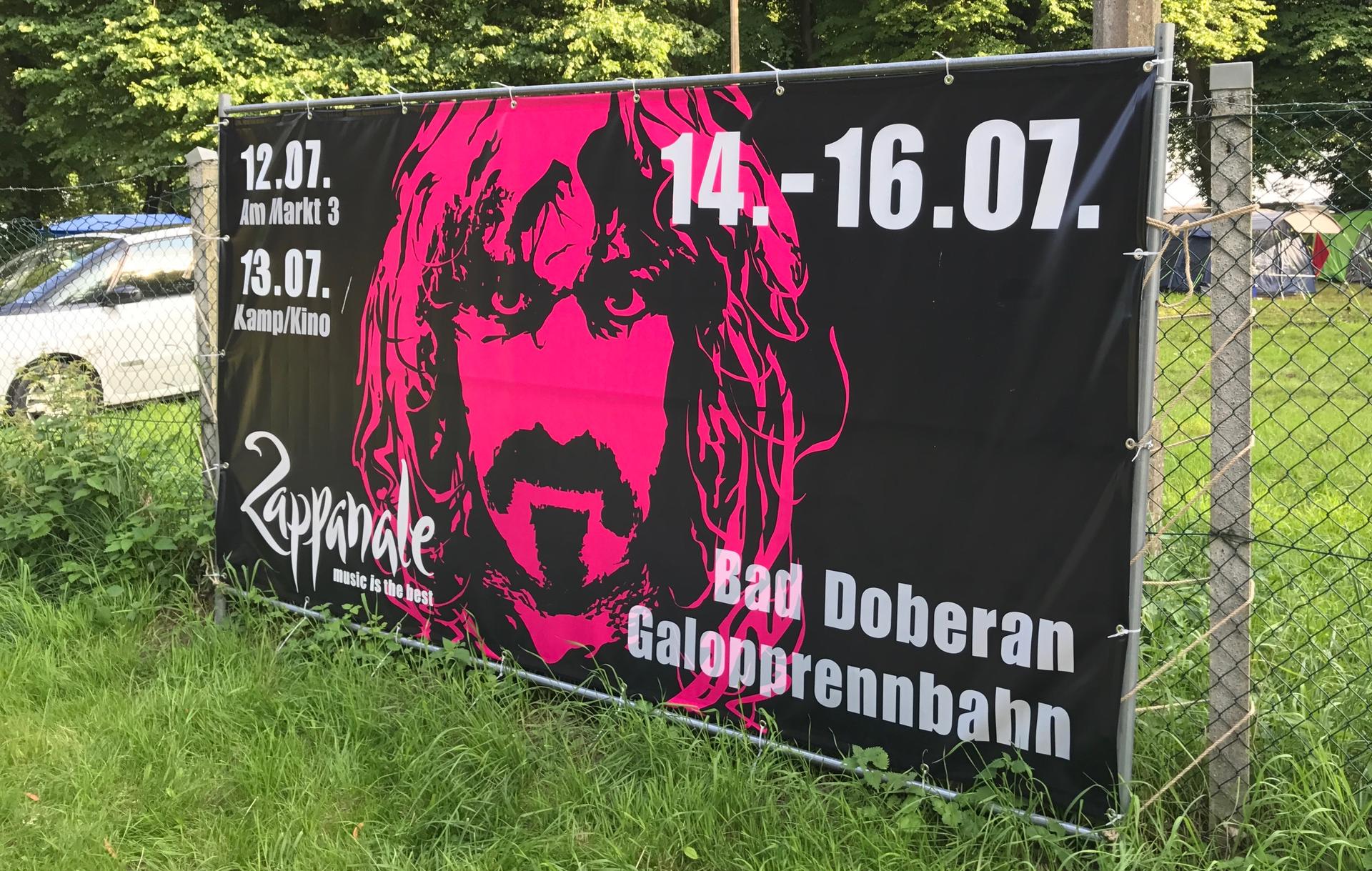
In the former West Germany, Zappa's records were freely available. He was a star, but no better understood than in the East. One of his more notoriously offensive songs, "Bobby Brown," was a huge hit, but the words were lost on most German listeners.
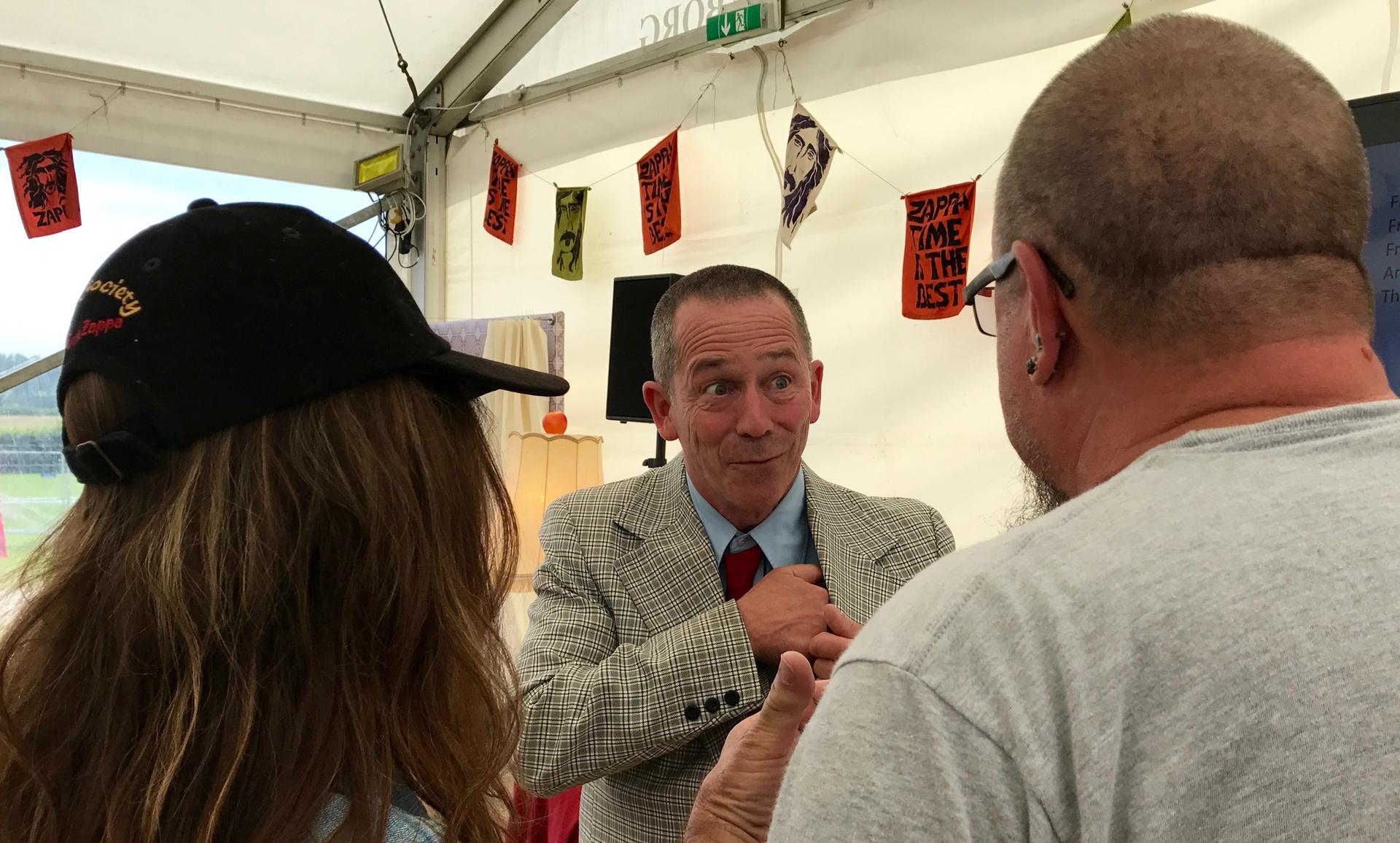
Enter Jim Cohen, an American Zappa fan living in Germany who delighted in informing his German roommate what the song was about.
"When I told him about the bondage and the discipline and various gender-mixing going on in the song, he was just aghast."
And so began Cohen’s career as a cultural interpreter. He was the original rap genius long before rap genius existed. He was just getting going with his day job as a technical translator. It wasn’t long until he had an evening gig too — at a seedy Munich bar. There he delivered boozy lectures about Zappa songs.

Cohen's lecture style is casual. Beer in hand, he takes his German audiences line-by-line through cultural tours of Zappa's America. At this year's Zappanale, he explained references to Jerry Lewis telethons, Jack-in-the-Box restaurants, frozen beef pieces from Boney’s market, a Dudley Do-Right wrist watch and a Southern California car dealership that leases Cadillacs — all in the name of explaining the meaning of an epic Zappa song called "Billy the Mountain."
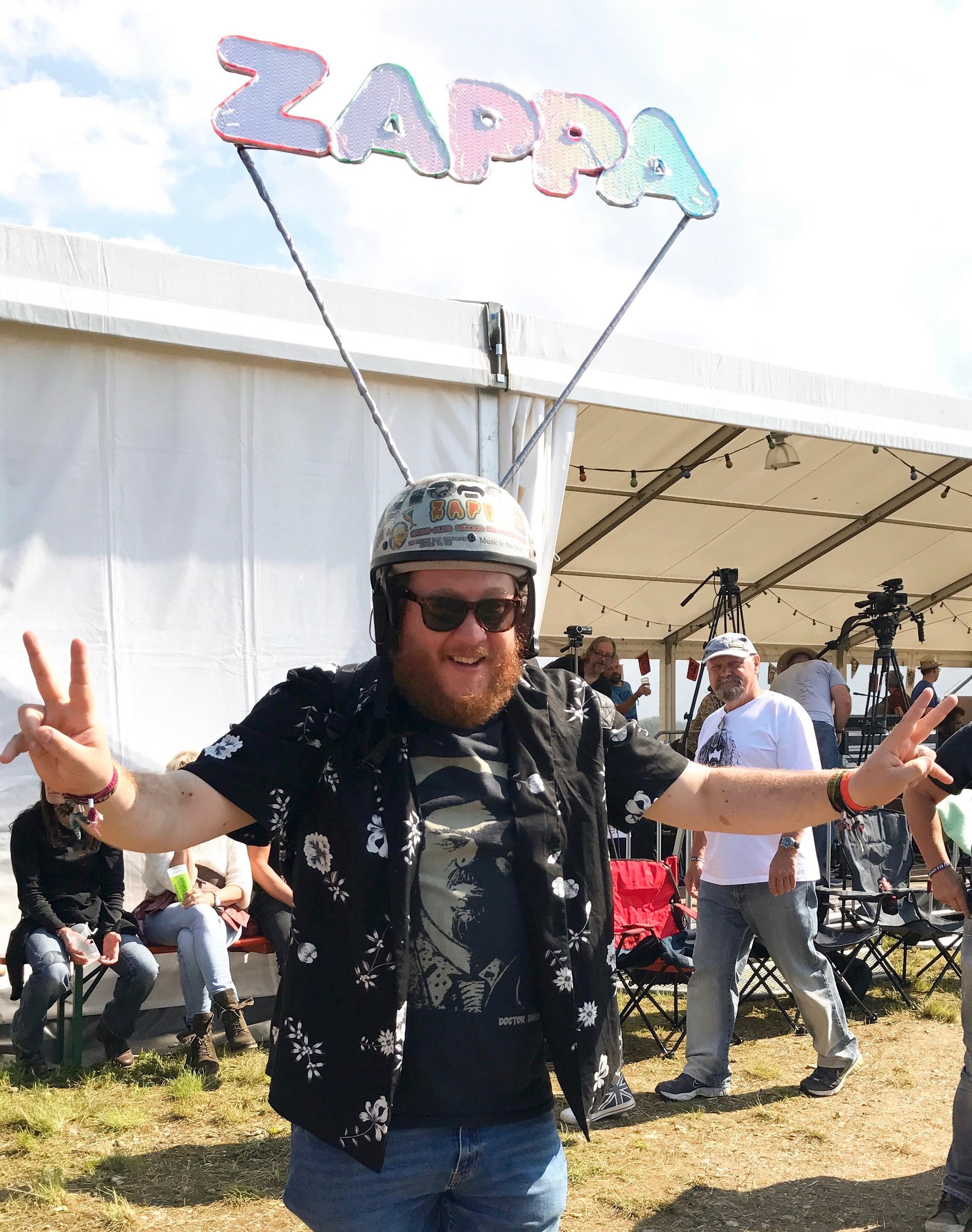
It sounds much better in the podcast, so give it a listen by clicking the play button above. Better yet, subscribe at Apple podcasts.
You can follow The World in Words stories on Facebook or Twitter.
The article you just read is free because dedicated readers and listeners like you chose to support our nonprofit newsroom. Our team works tirelessly to ensure you hear the latest in international, human-centered reporting every weekday. But our work would not be possible without you. We need your help.
Make a gift today to help us reach our $25,000 goal and keep The World going strong. Every gift will get us one step closer.
